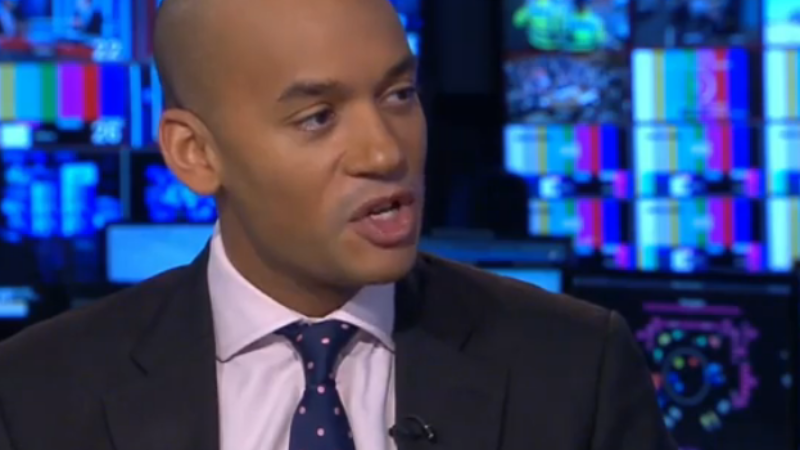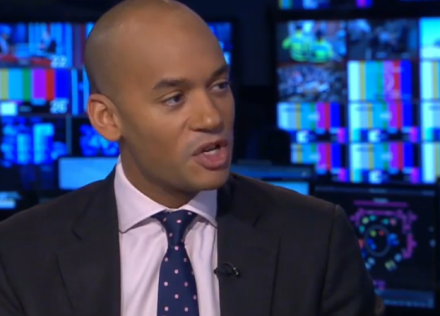

Like the vast majority of Labour Party members, I believe that Britain is stronger, safer, and better off in the European Union. I am looking forward to the ongoing renegotiation finishing, so that we can all focus on the big argument about Britain’s future. Being in Europe creates jobs for our young people and opportunities for our businesses, and it makes us more secure and influential in the world.
But there is no doubt the deal agreed later this week will impact the referendum campaign, and quite possibly the result. So how should Labour, and all people on the progressive side of politics, respond to David Cameron’s deal?
It is deeply disappointing that David Cameron is dealing with these issues, rather than a Labour Prime Minister – and the sooner we boot his party out of office the better. So it would be far easier for all of us to join the ranks of those slamming the deal and proclaim the PM’s renegotiation a failure – that is the default setting of our political system, and there are plenty of other issues on which Cameron and his government deserve nothing but criticism.
But, though our membership of the EU cannot be reduced down to the PM’s four main demands and being in brings us so much notwithstanding the renegotiation, the proposals outlined are meaningful and deserving of our support.
The first thing to recognise is that, despite the legitimate fears of many of us, the deal that is taking shape will not water down the social protections delivered to British workers and families by the EU. Thanks to EU legislation, employees’ rights over annual leave, protections for women in the workplace and guaranteed pay levels have all been strengthened. Maternity and paternity leave and protections for agency workers equally will not be watered-down, despite the wishes of the Tory and UKIP figures running the Leave campaigns.
The renegotiation includes measures we ought to welcome. The principle running through the reforms is clear: economic partnership to bring prosperity and jobs, balanced with economic control to protect our national interests. The GMB union, of which I am a member, is amongst many organisations to see this which is why we learnt yesterday that they are throwing their full weight behind the campaign to keep us in.
Older generations I speak to say they believed, when they voted to remain in 1975, that they were being asked to sign up to an economic arrangement and not a political union. This is why the legal clarification of “ever closer union” that has been put on the table matters for many of them: it formally commits the EU to manage different degrees of integration. It would represent a redefinition of European co-operation, elevating national interests to sit alongside collective objectives.
Guarantees about the future of the single currency are also vital. The last Labour Government was right to keep us out of the Euro and now we are clear: it is not on the ballot paper – and it is not on the horizon.
Furthermore, guarantees that agreements to strengthen the functioning of the Eurozone will not constitute a barrier to cross-EU trade or discriminate against non-Eurozone members show that the EU’s financial decision-making architecture is being morphed around Britain’s priorities.
Lastly, we must never engage in rhetoric or a mind-set which undermines the contribution made by immigrants from Europe who come to work in and contribute to our country, our economy, and our – especially – our National Health Service. We should have no truck with the scapegoating and scaremongering that spews forth from the likes of UKIP.
But the way in which freedom of movement operates in the EU cannot remain static when the EU has grown from 6 to 28 member states. The answer is not a rejection of the principle altogether, which amounts to a rejection of the single market and economic self-harm, but reforms to the operation of free movement from within.
We await the final outcome of the proposed package. But, if agreed, on the whole we should be able to welcome them and then move on to the bigger arguments (which we’d all rather focus on) for staying in. Above all, for countries like Britain, influence is proportionate to the strength of international partnerships in the 21st century – the EU is our biggest and nearest partnership, that is why this referendum matters so much.
Chuka Umunna is Labour MP for Streatham, a spokesperson for Britain Stronger In Europe and the PLP London lead for Labour In for Britain.




More from LabourList
Government abandons plans to delay 30 local elections in England
‘The cost of living crisis is still Britain’s defining political challenge’
‘Nurses are finally getting the recognition they deserve’